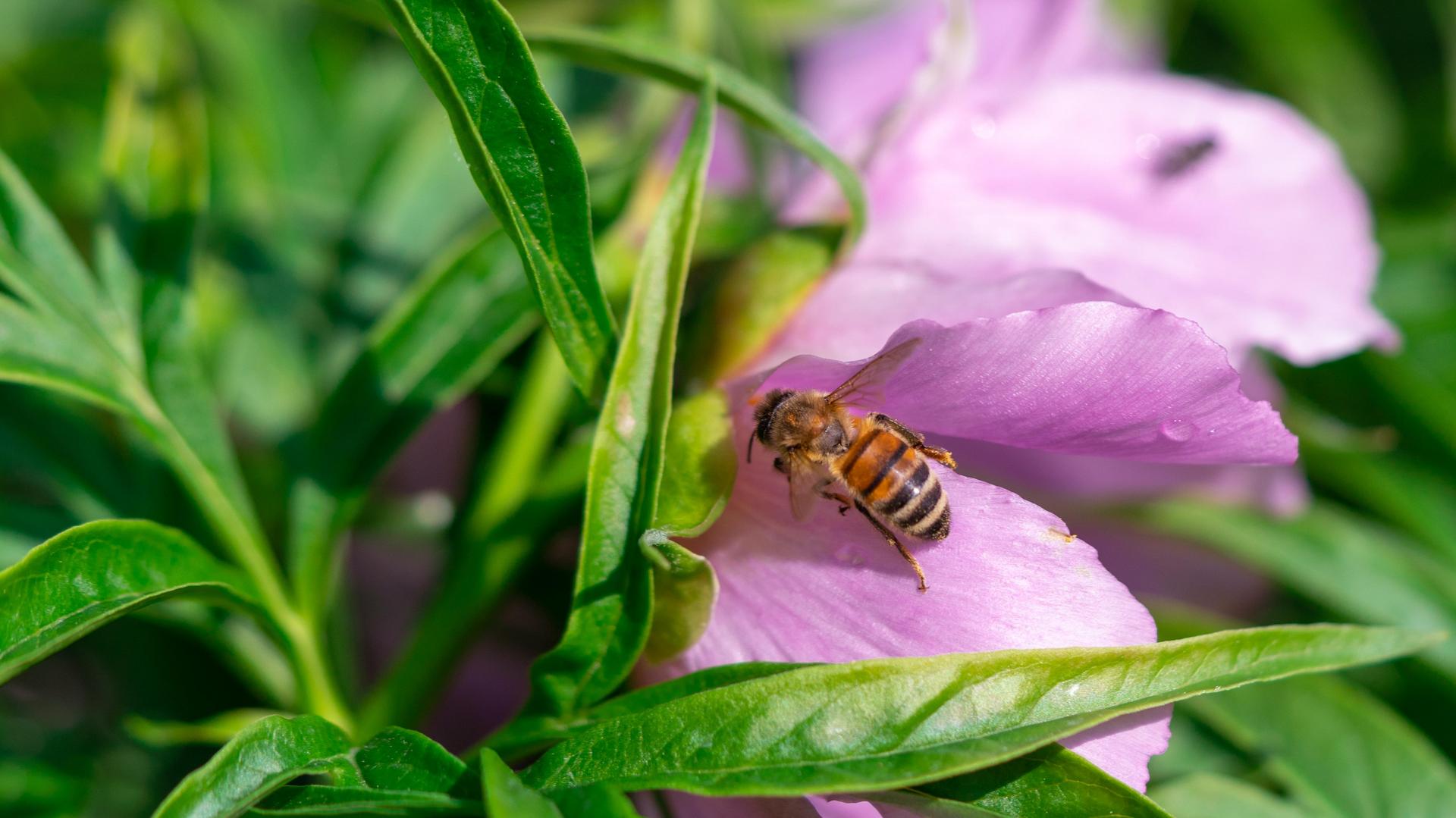
Green Practices & Sustainability
Safeguarding A
Wild Tomorrow
We all have a role to play in protecting and preserving our world’s delicate biodiversity. Sustainable practices, from day-to-day behaviours to large-scale projects, play a crucial role in ensuring a wild future for plants, animals, and people.
The Wilder Institute/Calgary Zoo is proud to participate in over a dozen initiatives focused on protecting the wild world we call home. We carefully manage the natural resources used throughout our organization and implement innovative methods in order to minimize our environmental impact.
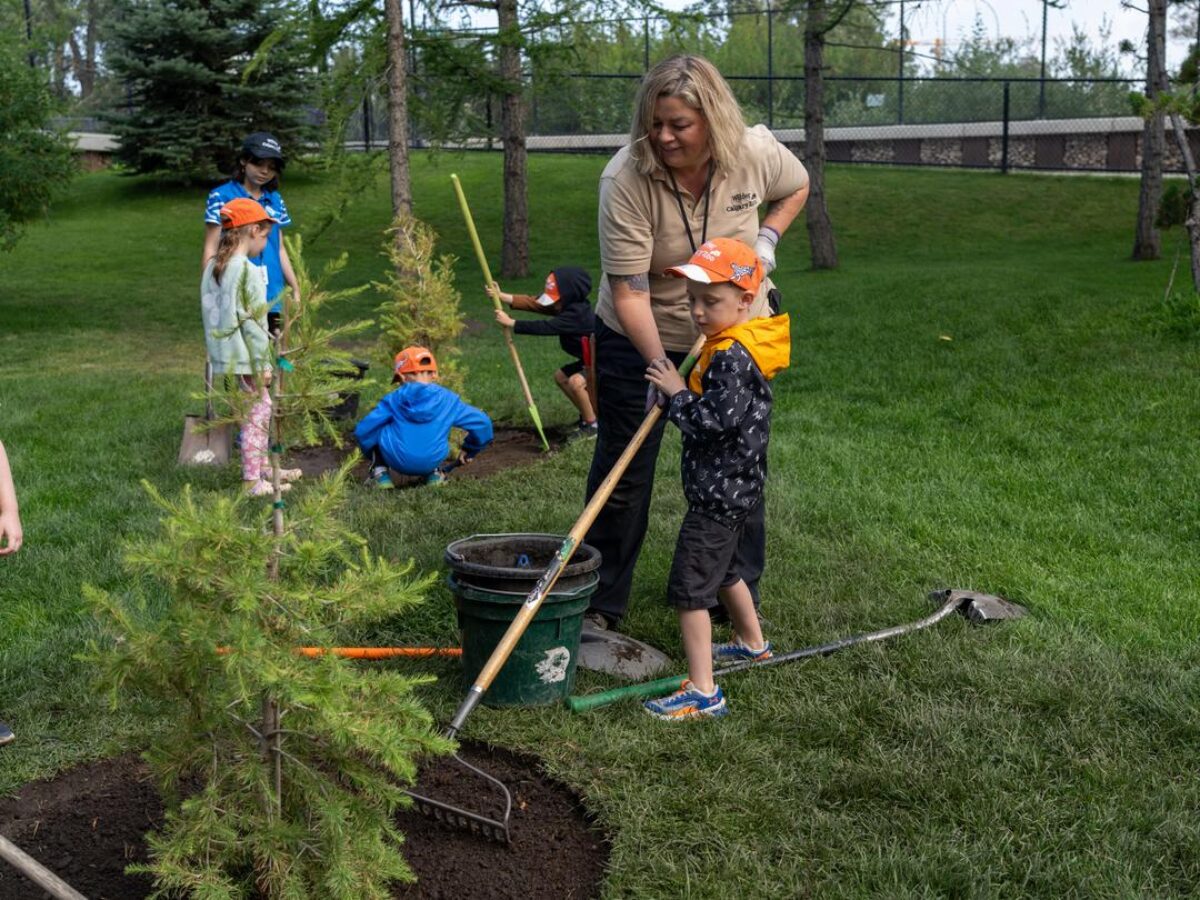
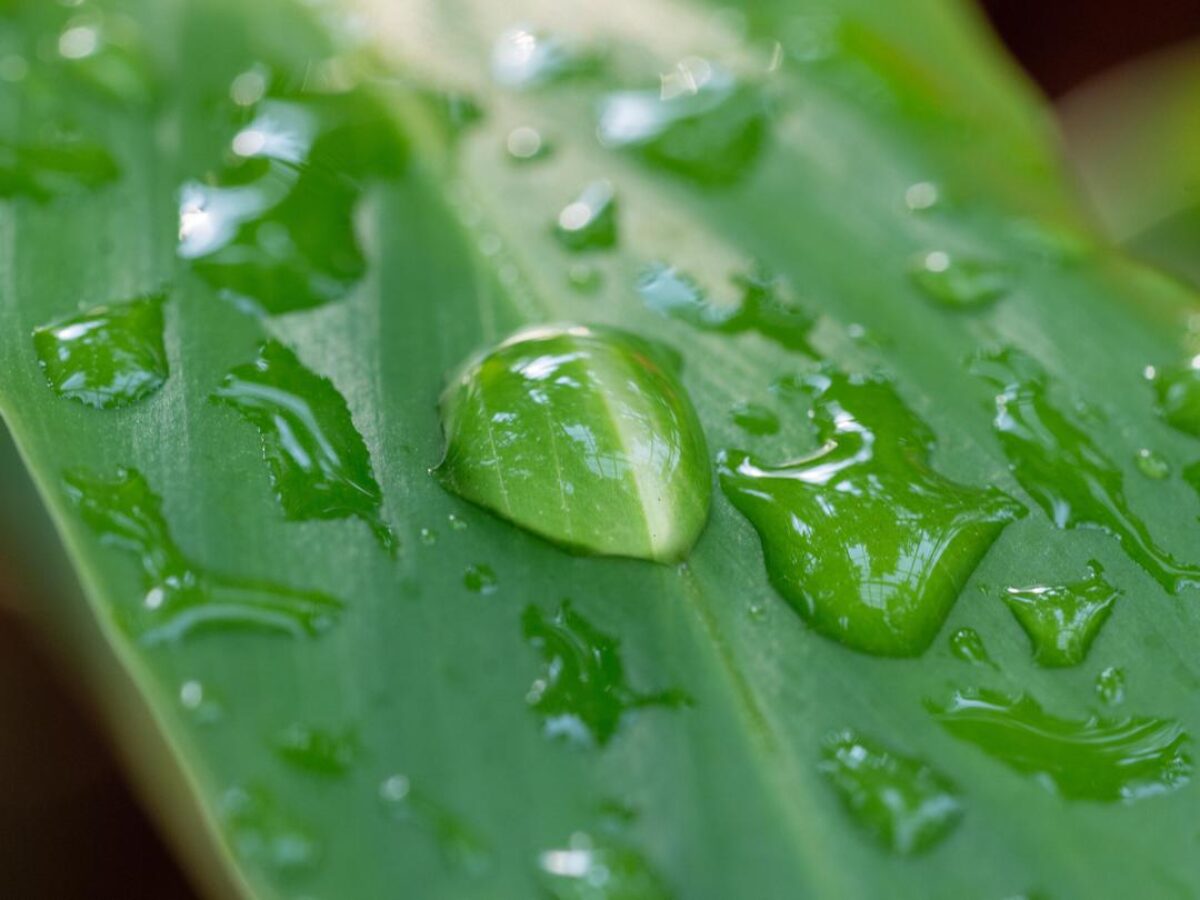
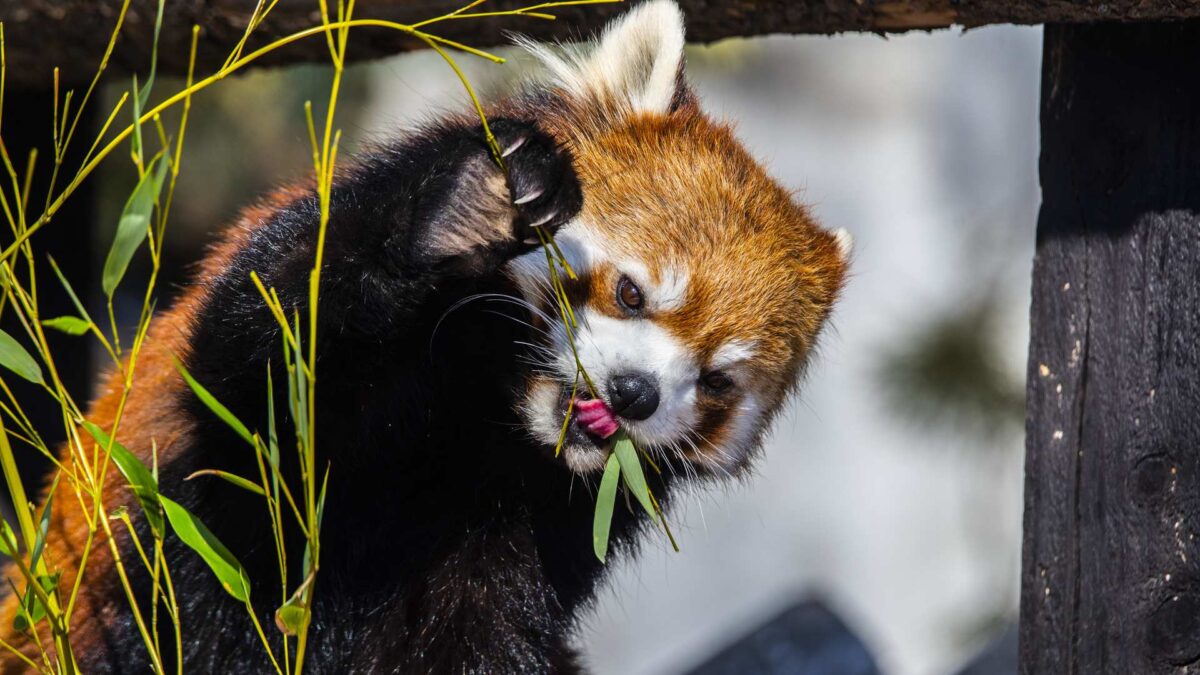
Read About Our
Green Business Practices
Every year, organizations accredited by the Association of Zoos and Aquariums (AZA), like us, provide information about their sustainable business practices to AZA’s Green Practices survey.
Check out our initiatives – some you may have noticed around the zoo while others take place behind the scenes!
Alternative Fuel Usage for On-Site Fleet
Implementing alternative fuels to reduce emissions of greenhouse gases.
Alternative Transportation Discounts for Guests
Encouraging sustainable transportation choices among visitors.
Building Energy Management
Efficiently managing energy consumption in our facilities.
Commingled Recycling
Promoting recycling by combining different materials in one bin.
Community-Based Sustainability Projects
Engaging with the community to drive sustainable initiatives.
Composting
Diverting organic waste from landfills (some compostable materials head offsite to be managed by our partners while some stay on-site to be composted by our Horticulture team!).
Construction Waste Diversion/Recycling
Minimizing waste during construction projects.
Denitrification Systems
Implementing denitrification processes to reduce nitrogen pollution.
Energy Submetering
Monitoring energy usage at a granular level for better efficiency.
Greenhouse Gas (GHG) Inventory
Tracking greenhouse gas emissions using certified methodologies.
Graywater Reuse and/or Rainwater Harvesting
Utilizing graywater and rainwater for non-potable purposes.
Green Purchasing Policy/Green Procurement
Prioritizing environmentally friendly products and services.
Local Food Procurement
Sourcing food locally, when possible, for animals and guests (some of the produce used in our restaurants is even harvested from our own gardens at the zoo!).
Purchasing Green Power or Renewable Energy Credits (RECs)
Supporting clean energy sources.
Smart Buildings
Leveraging advanced control systems and data analytics for energy and water management.
Solar or Wind Energy Generation
Harnessing renewable energy from the sun or wind (visitors to the zoo may catch a glimpse of solar panels installed on the roofs of some of our buildings!).
Stormwater Management Program
Managing stormwater runoff to prevent pollution.
Wastewater Reduction
Implementing strategies to minimize wastewater generation.
Water Submetering
Monitoring water usage to identify conservation opportunities.
Waterwise Landscaping
Landscaping practices that conserve water.
Learn How We Are
Helping to Build a Greener Tomorrow at the Wilder Institute/Calgary Zoo
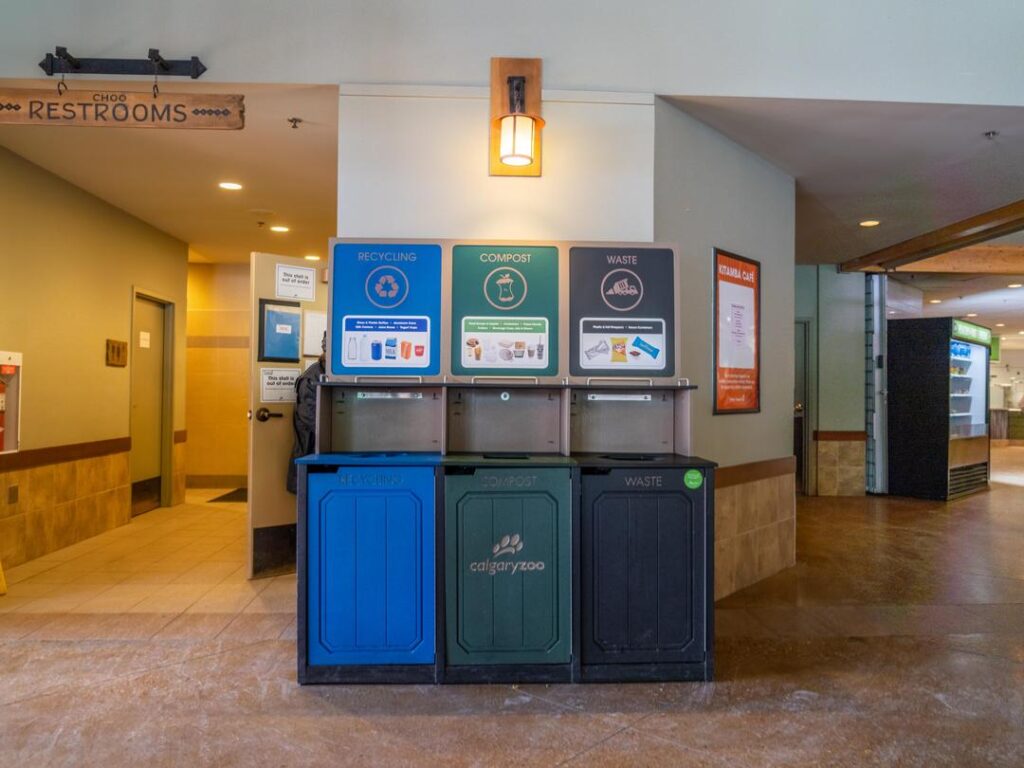
Waste Reduction
- Providing readily available and understandable opportunities for recycling and composting.
- Eliminating single-use plastics wherever possible.
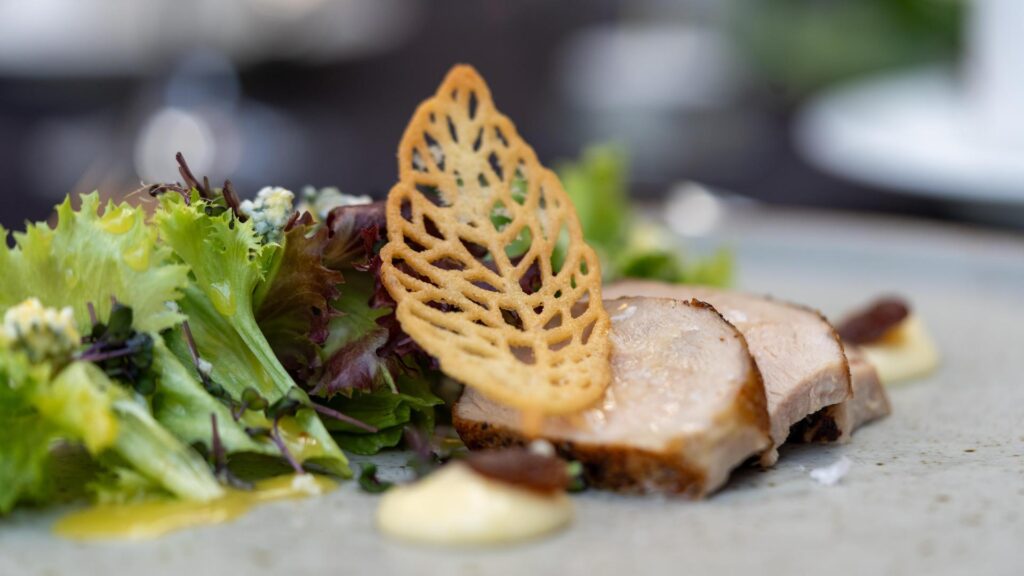
Food & Beverage
- Arranging locally sourced, organic and seasonal food options.
- Serving produce in restaurants grown in on-site gardens.
- Achieving Level 2 LEAF certification for sustainable food service.
- Remaining a longtime Oceanwise sustainable seafood partner.
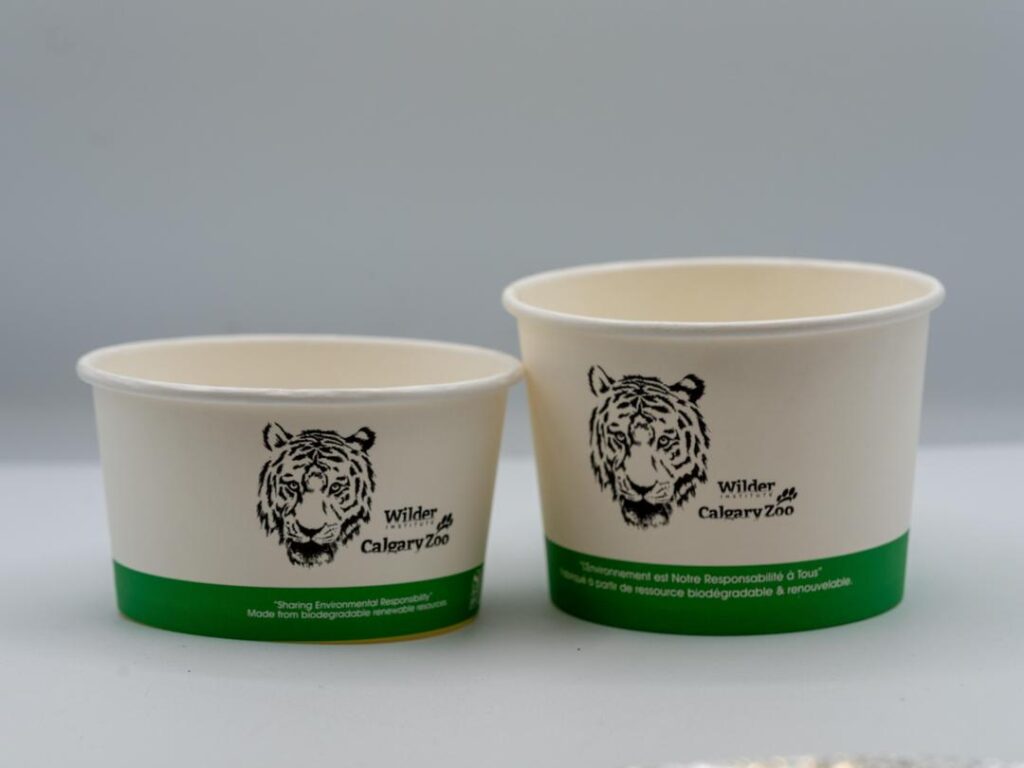
Sustainable Materials
- Using primarily compostable food packaging materials in all concession locations.
- Opting for eco-friendly and recyclable materials for all signage and promotional materials.
- Providing digital alternatives to minimize paper usage.
